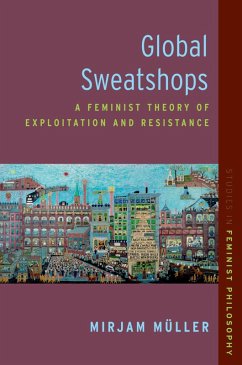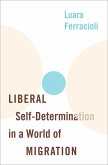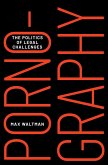Sweatshop labour is characterized by low wages, long hours, and systematic health and safety hazards. Most of the workers in the sweatshops of the garment industry are women, many of them migrant women. This book develops an intersectional feminist critique of the working conditions in sweatshops by analysing the role of gender, race, and migration status in bringing about and justifying the exploitation of workers on factory floors. Based on this analysis, the book argues that sweatshop workers are structurally vulnerable to exploitation in virtue of their position as gendered, racialized, and migrant workers within global supply chains. While this exploitation benefits powerful actors along global supply chains, it also creates spaces of resistance and structural transformation.
Dieser Download kann aus rechtlichen Gründen nur mit Rechnungsadresse in A, B, BG, CY, CZ, D, DK, EW, E, FIN, F, GR, HR, H, IRL, I, LT, L, LR, M, NL, PL, P, R, S, SLO, SK ausgeliefert werden.









